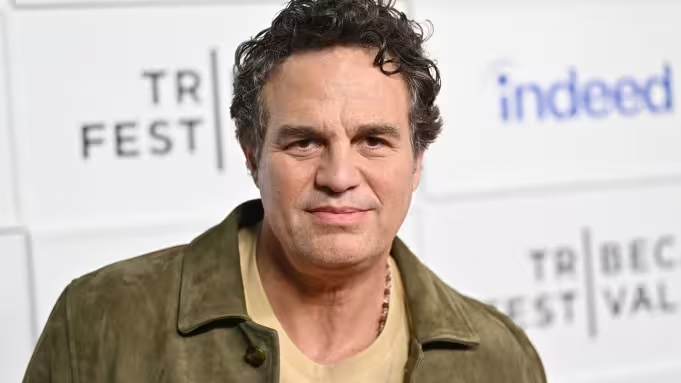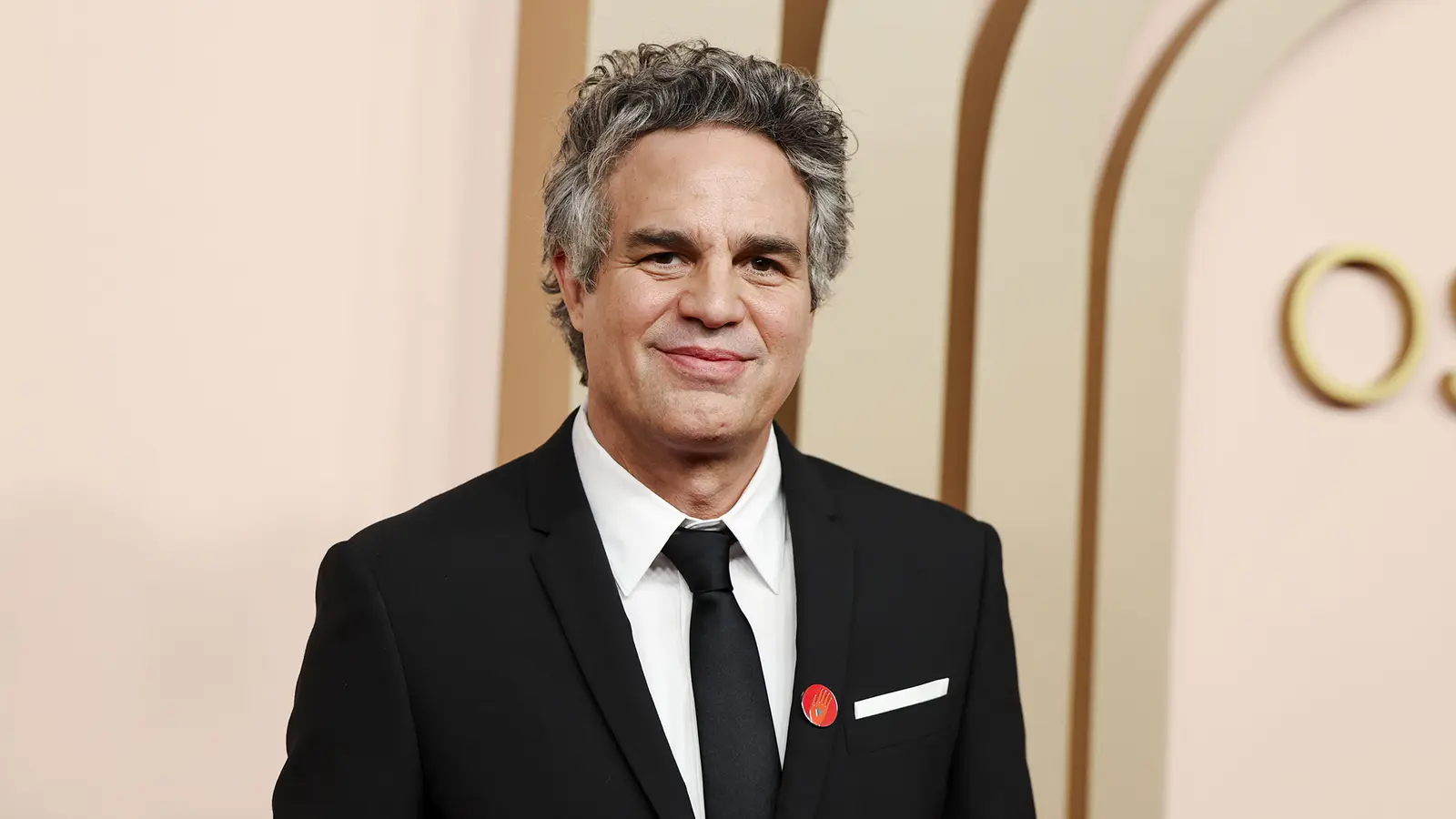5 Minutes
Mark Ruffalo, the actor best known to global audiences as the MCU's Hulk, has weighed in on a widening media controversy that has reverberated across entertainment, politics and financial markets. In recent posts on social platforms, Ruffalo cautioned that Disney's stock price could suffer significantly if ABC — a Disney-owned broadcast network — moves from preempting Jimmy Kimmel Live! to permanently canceling the late-night show. The comments came amid a flurry of reactions after ABC suspended the program following pressure from affiliate station owners and warnings from the Federal Communications Commission (FCC).
What happened and why it matters
ABC pulled Jimmy Kimmel Live! from its schedule after affiliates including Nexstar and Sinclair opted to preempt the show in response to a contentious monologue that targeted political figures. FCC Chair Brendan Carr had publicly indicated that regulators were watching and suggested networks should consider changes. The affiliates said their decisions were unilateral and tied to local audience and advertiser concerns; Sinclair went further, indicating it would not restore the show until specific conditions were met.
The suspension quickly sparked broader debate: whether the move constitutes corporate capitulation to political pressure, whether local station owners have the right to preempt national programming, and how such actions could influence public discourse and creative freedom in late-night television — a format that historically mixes comedy, politics and cultural commentary.
Market reaction and financial context
News of the suspension coincided with a pullback in Disney shares; analytics showed a dip from a recent average near $116 to a low around $112 per share in the immediate aftermath. Some headlines cited larger percentage drops, while market activity later moderated. Ruffalo warned that a permanent cancellation could push the share price "a lot further," an observation investors and media analysts are parsing alongside other company challenges: streaming subscriber trends, oscillating theme park revenues, and ongoing corporate restructuring.
Comparisons to past episodes are useful: networks have faced pressure before when local affiliates clashed with national programming, and personalities such as Jay Leno, Conan O'Brien and others have weathered battles that were part creative dispute and part corporate maneuvering. This episode is notable, however, for the confluence of FCC scrutiny, large-affiliate corporate power, and rapid social-media amplification.

Reactions from Hollywood and the public
Many performers and writers connected to film and television spoke out. Tatiana Maslany encouraged viewers to consider canceling streaming subscriptions to protest the decision, while other actors and creators framed the issue in terms of free expression and the cultural role of late-night comedy. Guilds and unions staged demonstrations at Disney’s Burbank lot, and former executives and columnists also criticized the company’s handling as a sign of leadership strain.
Behind the scenes, the incident has prompted conversations about the relationship between broadcast networks, affiliate companies, streaming platforms (like Hulu and Disney+), and creative talent. For filmmakers and series creators, the case underscores how corporate governance and regulatory signaling can ripple into content strategy and talent relations.
"Media decisions like these don't happen in a vacuum," says film critic Anna Kovacs. "Networks balance legal exposure, advertiser concerns and creative freedom, but punting on a major late-night voice also reshapes public conversation. For creators, the worry is about precedent more than any single cancellation."
Broader industry implications
For audiences and industry watchers, the controversy raises two longer-term questions: Will stations increasingly exercise unilateral control over national programming in response to political or advertiser pressure? And how will conglomerates like Disney reconcile brand stewardship of flagship franchises (from blockbuster movies to prestige TV) with the day-to-day heat of topical shows?
Late-night hosts have historically been lightning rods — their monologues often reflect current events and political sentiment. This episode may encourage networks to reassess editorial risk, while also prompting talent to consider platform diversification (podcasts, streaming specials, social-first formats) that are less dependent on affiliate goodwill.
Final perspective
The immediate fallout has produced headlines, protests and a short-term market reaction. Whether the dispute results in a permanent cancellation, a negotiated return to air, or regulatory action remains uncertain. For fans of movies, TV series and late-night culture, the story is a reminder that the business side of media frequently intersects with creative expression, and that those intersections can have measurable effects — from subscriber counts to share prices. The coming weeks will show how Disney, its affiliates and Washington regulators navigate the tension between broadcast responsibilities and the editorial latitude historically afforded to late-night television.
Source: deadline


Leave a Comment